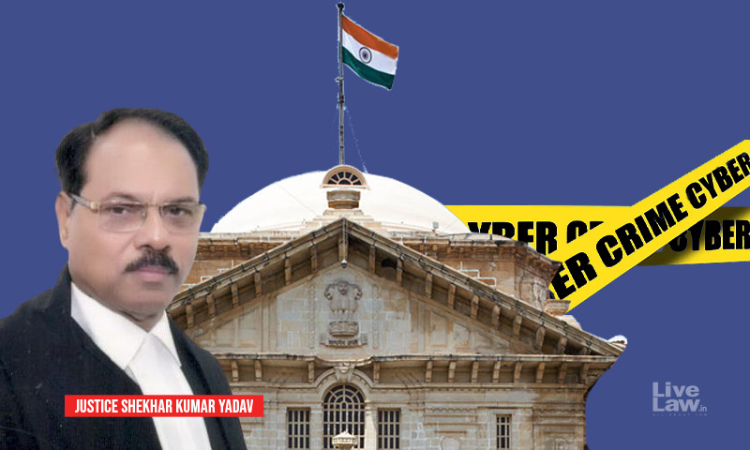People Depositing Money In Banks Are 'Honest'; Banks Have To Take Responsibility For Cyber Crimes: Allahabad HC
Sparsh Upadhyay
12 Jan 2022 6:13 PM IST

Next Story
12 Jan 2022 6:13 PM IST
While denying bail to 4 persons accused of fraudulently withdrawing money from the bank account of a retired High Court Judge, the Allahabad High Court today observed that those who deposit money in banks are honest and it is the responsibility of the banks to keep their money safe 'at any cost'.The Bench of Justice Shekhar Yadav also observed that those people who do not deposit crores of...
